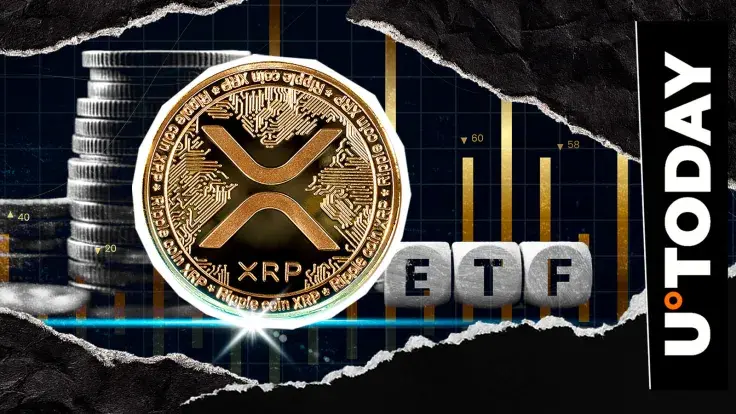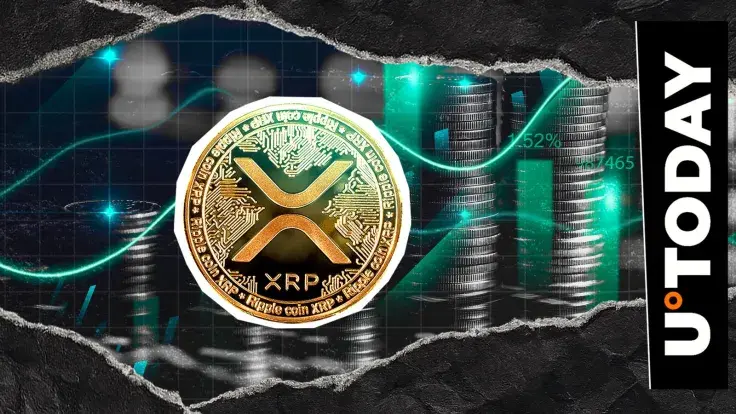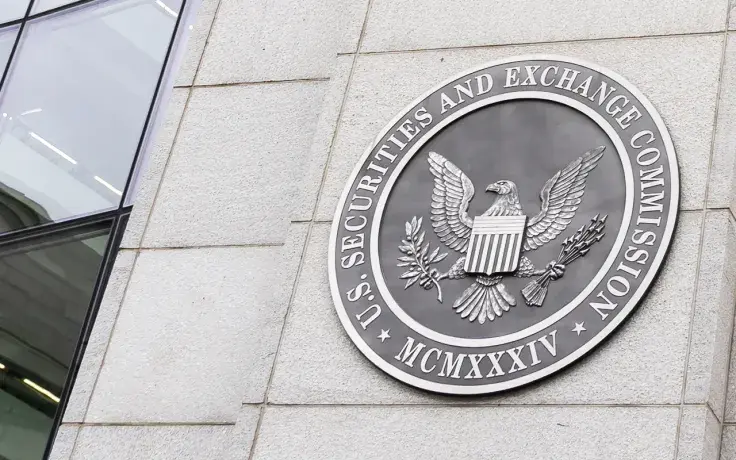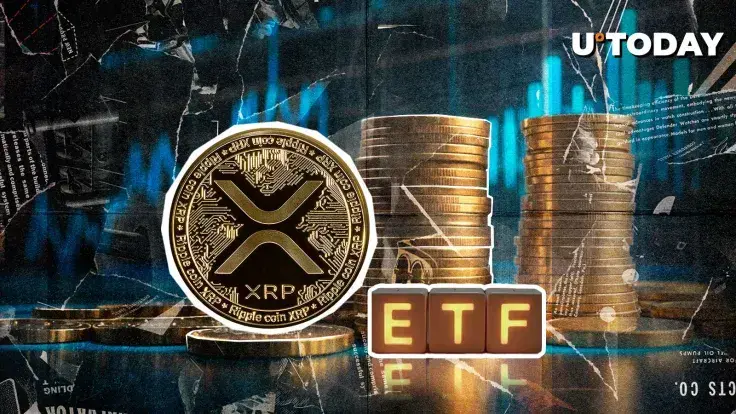XRP ETFs on the Horizon: Crucial Clarifications Propel Approval Hopes
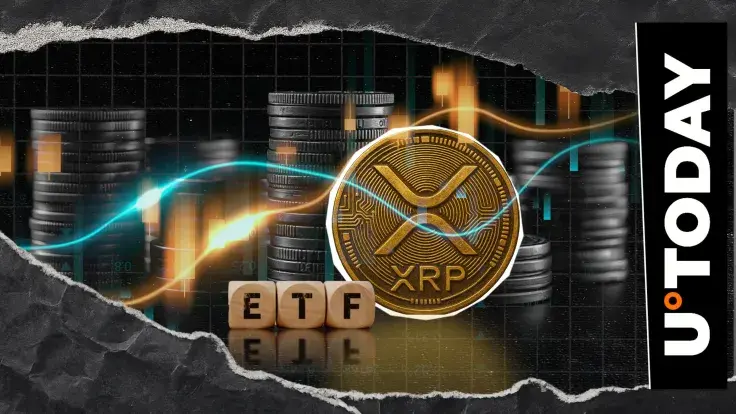
The highly anticipated countdown for XRP Exchange-Traded Funds (ETFs) continues, with October marked as a crucial month for decisions on six pending applications by the U.S. Securities and Exchange Commission (SEC). This period of anticipation has been complicated by an unexpected government shutdown, which resulted from U.S. lawmakers' failure to secure a deal on federal funding. Consequently, the SEC missed several deadlines for spot ETF decisions, fueling widespread speculation within the markets regarding the immediate future of these investment products.
Specific to XRP, the SEC is slated to rule on several significant ETF applications. These include the Grayscale XRP ETF by October 18, the 21Shares Core XRP Trust ETF by October 19, the Bitwise XRP ETF by October 22, and the WisdomTree XRP ETF by October 24. Additionally, decisions are expected for the Canary Capital XRP ETF and the CoinShares XRP ETF, both by October 23. The ongoing government shutdown, drawing parallels to the record 35-day shutdown in late 2018, has left the XRP community uncertain about the duration of current federal funding issues and its potential implications for these critical ETF deadlines.
Amidst this uncertainty, crypto reporter Eleanor Terrett provided a vital clarification concerning the Teucrium XRP ETF. Responding to a query, Terrett explained that the Teucrium XRP ETF was not directly approved by the SEC but rather automatically allowed to go effective because its deadline was reached without an explicit approval or denial from the regulator. She elaborated that the SEC's silence in this instance indicated compliance.
However, Terrett further clarified that this scenario does not apply universally to all ETFs, especially spot crypto ETFs. The Teucrium XRP ETF, holding Treasuries, cash, and swap receivables, was registered under the '40 Act. This classification meant the SEC was not required to actively approve it but merely to allow it to become effective. In contrast, while the SEC generally permits futures ETFs to become effective once their statutory period concludes without needing a new, active approval each time, spot ETFs operate under a different regulatory framework.
Spot ETFs, including those for cryptocurrencies like XRP, are registered under the '33 Act as commodity trusts. This distinction is critical because '33 Act products explicitly require the SEC's active approval before they can launch and begin trading. In light of these regulatory differences and the ongoing government shutdown, Terrett speculates that any new spot crypto ETFs, including those for XRP, might face delays. She suggests that trading would likely not commence until the SEC can officially declare their S-1 registration statements effective, a step that would presumably occur only after the government shutdown concludes and the agency is back to full operational capacity.
You may also like...
Maguire Snubs Saudi Riches, Poised for Major Man Utd Role & New Deal

Harry Maguire is reportedly prepared to turn down a staggering £500,000-a-week deal from Saudi Arabian clubs in favor of...
Taylor Swift Endorses Thriller Series, Amasses 25 Million Viewers and Dominates Streaming

Taylor Swift has revealed her love for "The Girlfriend," a gripping Prime Video series that explores the toxic dynamic b...
Hollywood Mourns Legend: Oscar Winner Diane Keaton Dies at 79, Tributes Flood In

Hollywood is mourning the loss of Oscar-winning actress Diane Keaton, who has passed away at 79. Renowned for iconic rol...
Hollywood Icon Diane Keaton Dead at 79: A Storied Career and Private Struggles Remembered

Hollywood icon Diane Keaton has passed away at 79, leaving behind a celebrated career in films like 'The Godfather' and ...
Nigerian Entertainment Under Siege: Regulators Unite to SMASH Digital Piracy!

The National Film and Video Censors Board (NFVCB) and the Nigerian Copyright Commission (NCC) are strengthening their co...
Unlock Youthful Skin: Expert Reveals 4 Winter Skincare Mistakes Silently Ageing You

A skincare expert reveals common winter mistakes that accelerate skin aging and enhance wrinkles. From skipping SPF and ...
Côte d'Ivoire Presidential Race Ignites Amid Escalating Tensions

Cote d'Ivoire's presidential election campaign has officially begun, with five candidates vying for votes ahead of the O...
Multichoice's DSTV/GoTV Sparks Outcry with Imminent 2024 Price Hike

MultiChoice, DStv's parent company, is planning further "inflationary" price hikes across its African subsidiaries in 20...
